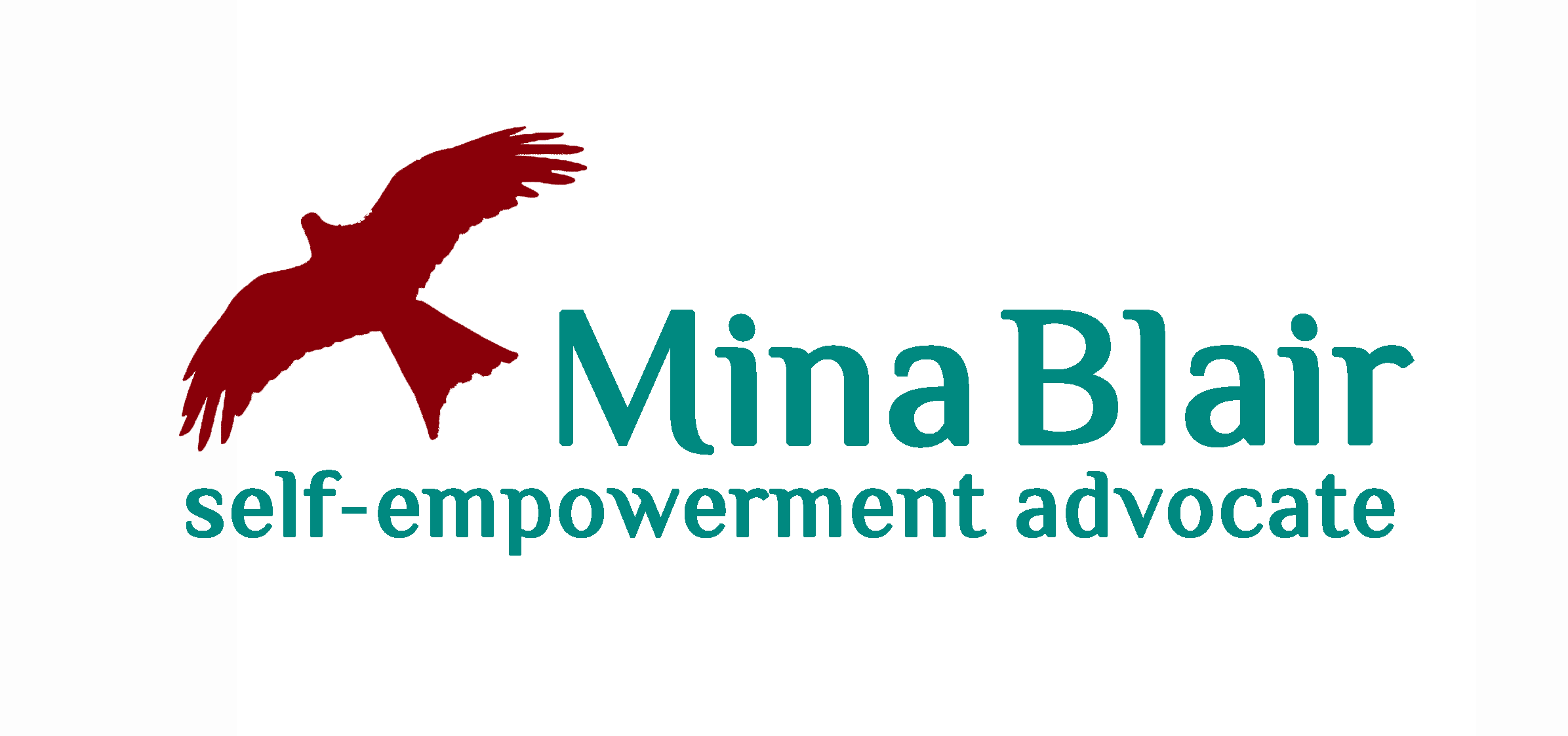You’re probably a busy person, your mind occupied with a hundred things in any given moment. Gaps in your schedule for reflection and stillness are few and far between, if at all. And so it’s understandable that perhaps you haven’t considered your relationship with death and specifically, why making friends with death is beneficial.
Making friends with death? What an odd concept! But it’s actually the title of a lovely book by Judith Lief. It’s a Buddhist Guide to encountering mortality. I’m reading it because it was required for a Yoga for Cancer teacher training course I attended recently. Anyone who has received a potentially life-changing/life-shortening diagnosis of any kind is likely to have had thoughts about death, even if that thought was to avoid thinking about death.
And why wouldn’t you – death happens to very old people and you’re not there yet, right? Best not to upset yourself unnecessarily about something that’s not an issue right now. I feel we suffer from this type of “death avoidance” or “death resistance” in our (mostly Western) society. It’s not an okay subject for discussion. It’s uncomfortable, scary, awkward. All the more reason to bring it into the daylight then!
The suffering is in the non-acceptance
Life and death are inextricably linked. You can’t have one without the other. You see it everywhere – plants, animals, and yes, humans – all things come and go. A continuous cycle of death and rebirth. And yet we have arrived at a point where death is no longer acceptable, no longer an option. Maybe modern medicine has something to do with that, with making us think we can live forever and “win the battle” with all the procedures and medications now on offer. If this resonates with you then ask yourself why. What is it about death that frightens you? Typical concerns are:
- not achieving everything you wanted to do, running out of time
- being ill/in physical pain for a long time beforehand
- leaving loved ones behind
- the actual moment of death, the last exhale – is it dramatic? Does it hurt?
- what happens after death – where do we go? What happens next if anything?
Have a think about what comes up for you and sit with it. Then try to let it go.
Non-acceptance is the source of pain. Which is why we avoid it. This makes death even harder to cope with when it inevitably comes, either to ourselves or to those we love. We go into deep shock, denial and/or anger because we are unprepared and lacking the means of dealing with loss. We hadn’t contemplated our relationship with death and accepted it before facing the ending.
Contemplating death brings us into the present moment
This is my favourite take-away message from Judith Lief’s book. Getting comfortable with death is hugely life-affirming. It reminds us how precious life is. Thinking about not having life makes us all the more grateful for having it! Life is a gift precisely because it doesn’t last forever.
We deal with death all the time. Every moment dies, replaced with the next moment and the next. The hug we felt, the smile we gave, the chat we had, the meal we ate, the trip we took – it comes to an end and goes into the past. We never get that exact moment/sensation/experience back. So it’s not just a cliché when we say “live in the moment” because we actually do, whether we like it/are aware of it or not. All we have is NOW.
Contemplating death is a soothing practice, it’s being kind to yourself. It opens up your heart to love and gratitude. It makes you feel more alive and connected on all levels. And that is why making friends with death is beneficial.

